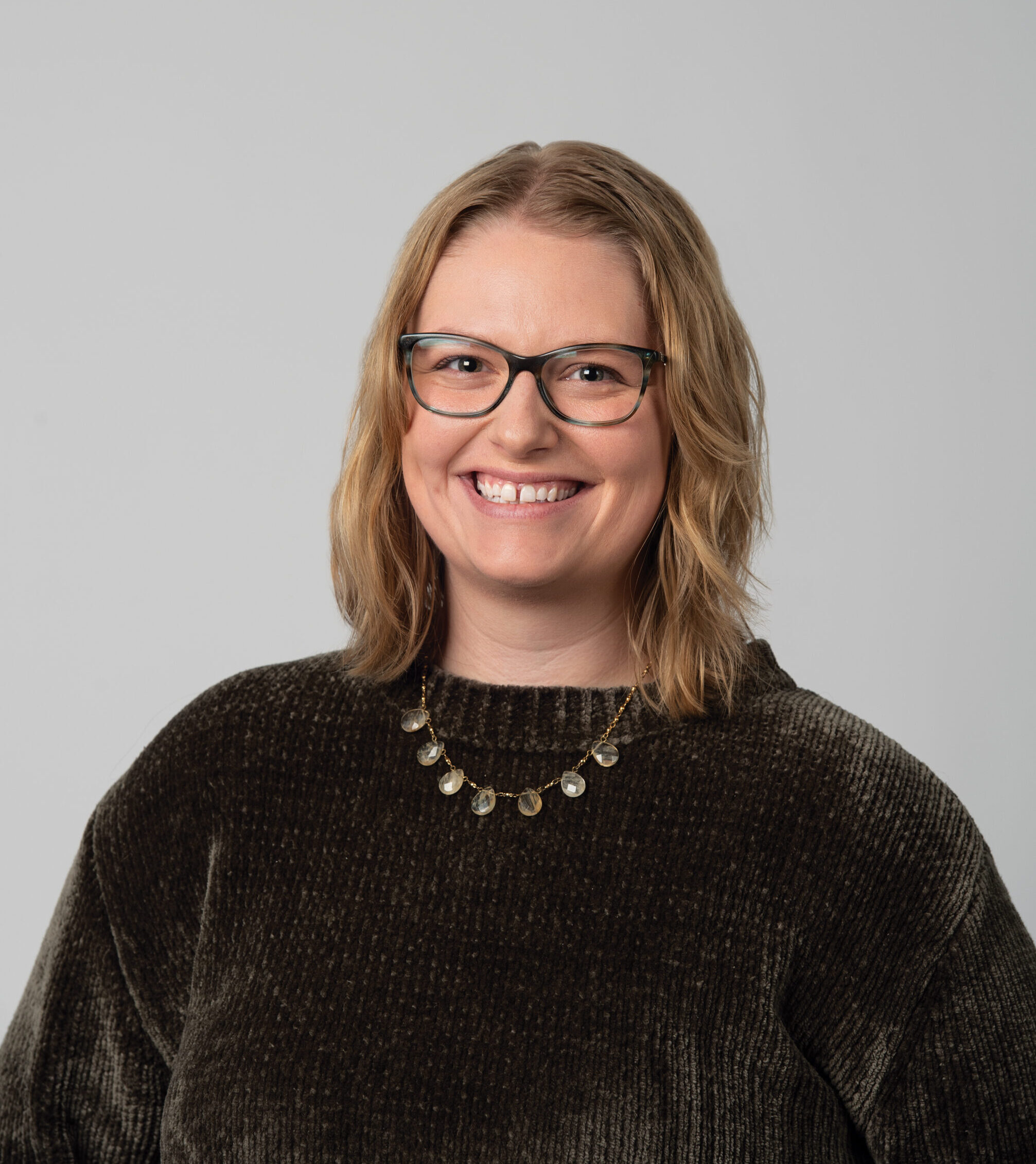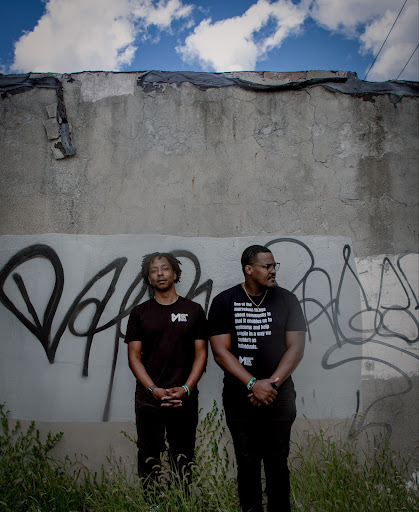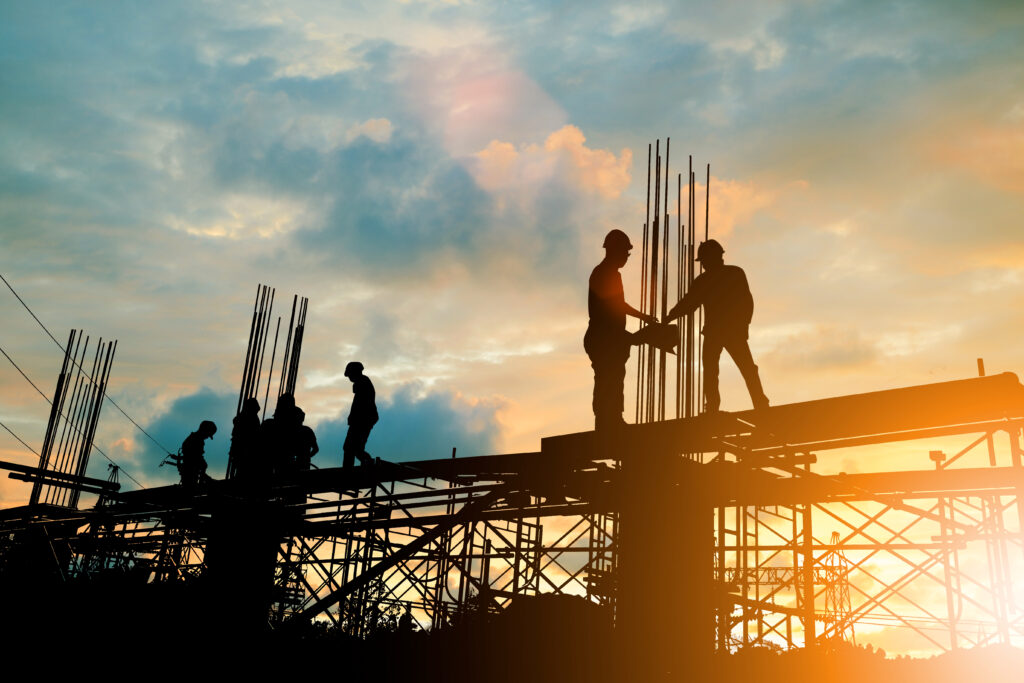My City My Health conference fosters community conversation, connection around health equity
4 questions with co-founders Corey Dion-Lewis and Larry Twitty Jr.


The My City My Health Conference was built to connect local health care professionals and health advocates to each other and the stories of people in Des Moines experiencing barriers to equitable health care.
Co-founder Corey Dion-Lewis started to see gaps in health care access after helping his mom through treatment for multiple untreated health conditions and hearing similar stories in the Black community. Dion-Lewis, a podcaster and health coach, shifted his podcast, the Healthy Project, to focus on health equity conversations.
But he wanted to take it further.
With the help of co-founder and friend Larry Twitty Jr., who also saw his mother experience disparities in health care, they brought the conversation into the community with the first My City My Health conference in 2022 in Des Moines.
Dion-Lewis and Twitty Jr. have worked to create an event that is different from other health conferences, they said.
They have designed the panels each year to center people’s life experiences with health care and issues that are specific to different cultures. Making the event culturally relevant and setting a positive mood through music and other elements help attendees feel more comfortable in participating, they said.
The hope in making space for these conversations is that it leads to action, Dion-Lewis said.
“Before we start every conference the one thing I tell to the community that’s there [is] there’s going to be one thing you can take from this time with us that you can take back to your community, whether that be your neighborhood, your work. What’s the one thing you can take, the one person you can connect with?” he said.
“That’s what it’s about,” Twitty Jr. added. “As much fun as we’re having it’s like, OK, but you know what? What are we going to do once we leave here? Because these issues that we’re talking about, they’re waiting for us.”
Last year, the co-founders took the event to Iowa City. Their goal is to hold a My City My Health conference in every major city across the country.
The third annual Des Moines conference is on Friday, and will include panels on health equity in the workplace and Black maternal health.
Dion-Lewis and Twitty Jr. sat down to share more about health equity and the upcoming conference. Their responses have been lightly edited for clarity and length.
Employers are often involved in providing health insurance and health-related benefits to their employees. What does health equity in the workplace look like?
Twitty: We’re having a health equity at work panel, and those are some of the questions we’re going to dive into. Does your employer offer some kind of wellness program, food subsidy program? Do they have resources available to help you if you are having a baby or have an illness? Is your employer set up to help you succeed through those trying times, or is your work actually going to worsen your condition? There’s a big opportunity for employers and corporations to get involved and help to plant seeds or plant resources to increase health equity amongst their communities, and the people that work for them.
Dion-Lewis: There’s a high number of individuals who lie about why they’re taking sick time because they’re afraid of that judgment, so they’re lying about taking a mental health day because they don’t want the pushback from their supervisor. And then, how many hours a week are we spending at work? Of course your work should have a huge role in how you live your life. This is more than just work-life balance. Are companies looking at their culture, really? Because people are out here burnt out and afraid to say it.
You said you took out what you didn’t like about conferences and mixed your cultural identity into My City My Health. What is the atmosphere you are trying to create at the event?
Dion-Lewis: I’ve been to plenty of health conferences and one thing I didn’t like was when I’d go with a co-worker and we’d have to go to a breakout room and then I had to decide, “Do I want to listen to this, or do I want to listen to this?” We would have to separate and then come back and exchange notes and that was just annoying. I don’t want to do it from your notes. I want to be able to hear the information. Even in the track that I chose, it felt very cold. A lot of these public health conferences and public health professionals are very focused on research and statistics. It is very black and white, and I love that, but there has to be a way where we can tell that story, too, without feeling like I’m ready to leave.
When I said that we sprinkled our cultural identity onto this conference, the culture is in this conference, and that makes people feel a certain way. Because of the feeling, we’ve had people say they can’t wait to come because it’s their safe space, and they’re able to open up a lot more, which, honestly, that wasn’t really on my mind when we thought of this framework, but I can see it. Coming from a podcasting background, I liked the idea of doing four live podcasts.
Twitty: I used to do third-party recruiting, which is basically like sales, and some things that would come to mind are attention span and call to action. That’s really where the music comes into play because the goal was we want to fire people up. We want them to feel like they’re not at a conference but they’re at a rally. You walk in, you hear the music. We bring it down a little bit, we have our conference and in between we turn the music back up. We also introduce various interactive icebreakers, so that not only could people get to know each other but also folks that don’t necessarily come from the Black community, it would give them an opportunity to network with folks that they wouldn’t typically network or have conversations with.
How would you describe or define health equity?
Dion-Lewis: Everybody should have the opportunity to live their best life no matter socio-economic status, what culture they come from. I say culture because this is not just a Black or brown thing. This is someone who practices Islam should be able to go to the hospital and get the same exact care that a Christian gets. It’s probably close to the general definition, but I feel like for me, health equity is also making sure that we’re getting to the root cause. Sometimes a root cause isn’t do you have access to fruits and vegetables? It’s why you don’t have access to fruits and vegetables. Really health equity is tackling the social injustices in our communities, to make sure everybody, no matter your race, identity or culture, gets the care that they deserve.
What is the biggest thing you think employers should know around the topic of health equity?
Twitty: It gets tricky with privacy, but is there some sort of safe space where an employee can simply just say what they are going through? I was diagnosed as an adult with ADHD. I faced some challenges at work. I was just having a really tough time making progress, and then everything else snowballed from there.
Finally, I went to my doctor, had some conversations, got some medicine and everything changed. But I ended up having a conversation with my leader at a point where things were looking weird at work, so I felt like I was kind of forced to reveal, “Hey, this is what I’m going through.” It was received so well, that I’m like, I wish I would have known that I could have been open earlier about what was going on instead of waiting until it got to this particular point.
If we can remove stigma, if we can remove this fear of retaliation, this fear of losing your livelihood, over a chemical imbalance. If we can remove that and have open conversations about those kinds of things with our employers, or with our leaders, I believe that could increase productivity, that can increase company morale, that can lead to recruitment of top talent.
Dion-Lewis: A small actionable step is letting your people know about employee resources. A co-worker was looking for mental health services and had no idea even how to find it. These companies have all these resources, and I’d be surprised at how many people actually know that they have these resources there. If you want to have a real culture, how are you cultivating that? Are you letting your employees know?

Sarah Diehn
Sarah Diehn is editor at Business Record. She covers innovation and entrepreneurship, manufacturing, insurance, and energy.








